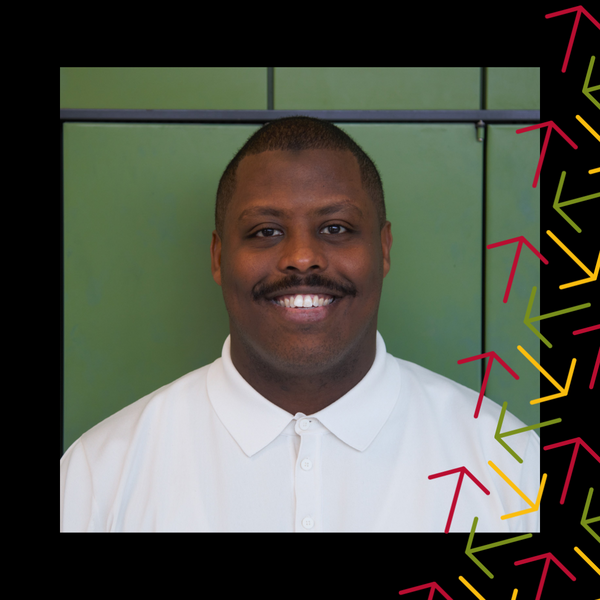Mohamed Yusuf is a graduate student at the Faculty of Education studying his PhD.
 What are you researching?
What are you researching?
My current research investigates how mentorship can affect the retention and self-esteem of Black Men in graduate studies. Based on my ontological and axiological background as a Black man completing his PhD, I have a personal stake in the success of other Black men pursuing their education because of my intersectional experiences.
What impact are you hoping your research has?
First and foremost, I hope that my research leaves a positive impact on my participants, allowing them to express themselves in a space that values their experiences and ways of being. Something I learned from my master’s research which involved a similar population, showed me that Black students often do not take the time to acknowledge their educational journey, and embrace all the hard work it took them to be where they are today. I also hope that my research exemplifies the immense value that support systems can provide for marginalized communities when attempting to break down systemic barrier, specifically when accessing higher education. In this case, focusing on the mentor-mentee relationships, and the intimate connections that helps garner both personal and professional growth.
What is it like working with your supervisor Dr. Alana Butler?
Working with Dr. Butler has been one of the most fulfilling experiences of my academic career. I first met Dr. Butler here at the Queen’s Faculty of Education in 2019 as a BEd student. During the 15 years my academic journey, Dr. Butler was my first Black educator. She made me not only feel seen, and understood, but she also provided a glimpse into a career path that I had never envisioned for myself. From then, she encouraged me to continue my work in academia, and that she will support me as a supervisor if I choose to apply for my Masters. If I could make my future students feel just 1% of the support that I have felt from Dr. Butler, I will feel successful as an educator, and as a person. By the time I finish my PhD, I will have worked with Dr. Butler for the better part of a decade, and I am so truly fortunate to have experienced such genuine support and academic tutelage.
What do you hope to do once you finish your PhD?
InshaAllah, after I complete my PhD, my ambition is to join a Faculty of Education as a professor. I hope to continue to my research on the success of Black students, while also continuing my role in fostering the passion and pedagogy of future teachers.